Common Challenges Faced by Experienced Aircraft Mechanics
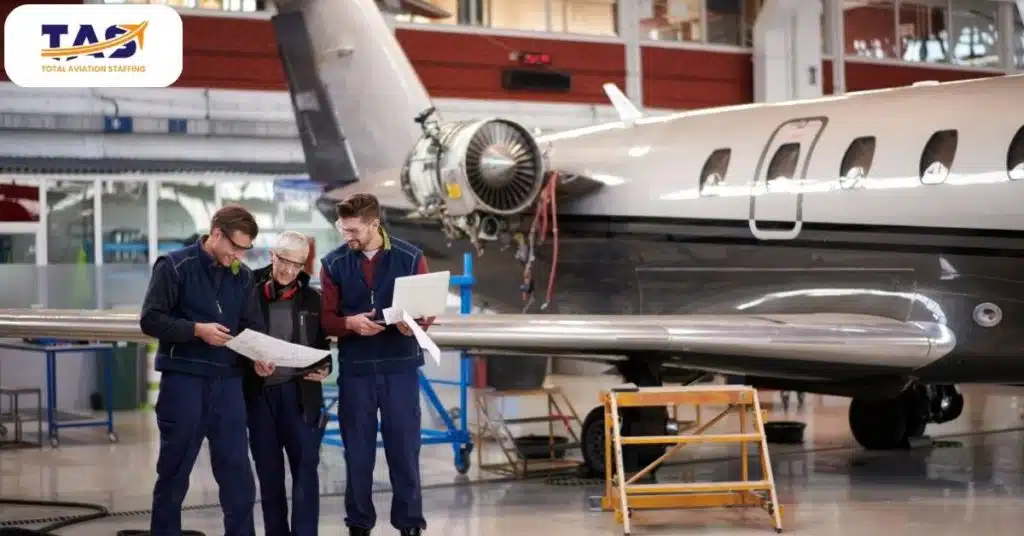
As an experienced aircraft mechanic, you must be well-versed in the complexities of aircraft maintenance and repair. You are expected to keep up with ever-changing safety regulations and technological advances, as well as stay on top of your own job performance. Unfortunately, even seasoned mechanics face frequent challenges that can make their work more difficult and time-consuming. In this blog post, we will explore some of the common challenges faced by experienced aircraft mechanics and how to combat them. We hope that these tips can help you continue to excel in your field.
1. Poor Documentation and Disorganization
Experienced aviation mechanics are responsible for the safe maintenance of aircraft but often face certain common challenges. Poor documentation and disorganization create roadblocks in their daily work.
On the one hand, not having access to complete and updated information on an aircraft can lead to costly mistakes. On the other hand, data overload means wasting time sifting through irrelevant data to find what is essential.
Disorganizing aviation records spread confusion regarding which sets of regulations to apply as well as problems with understanding the status of inspections and repairs. As aviation mechanics navigate these obstacles, they must remain vigilant and proactive in order to ensure a safe aviation environment.
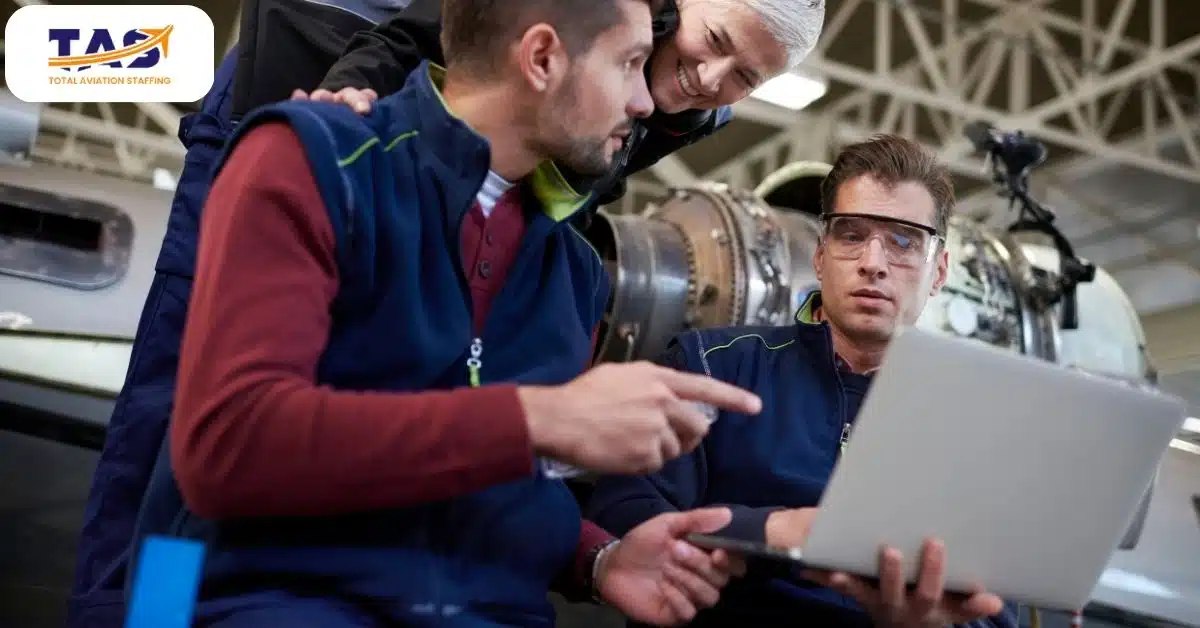
2. Limited Accessibility to Parts
Experienced aircraft mechanics face many challenges, one of the most pervasive being limited accessibility to parts. As aviation technology advances and planes become more advanced, it becomes increasingly difficult for aviation professionals to source specialized parts.
Many aviation businesses are in a constant search for rare and obscure parts that may be needed during the repair process. Additionally, depending on the availability, aviation personnel may be forced to order replacement parts from distant or international suppliers.
The lack of locally accessible parts can cause significant obstacles, drastically prolonging repair times and leading to unscheduled aircraft downtime.
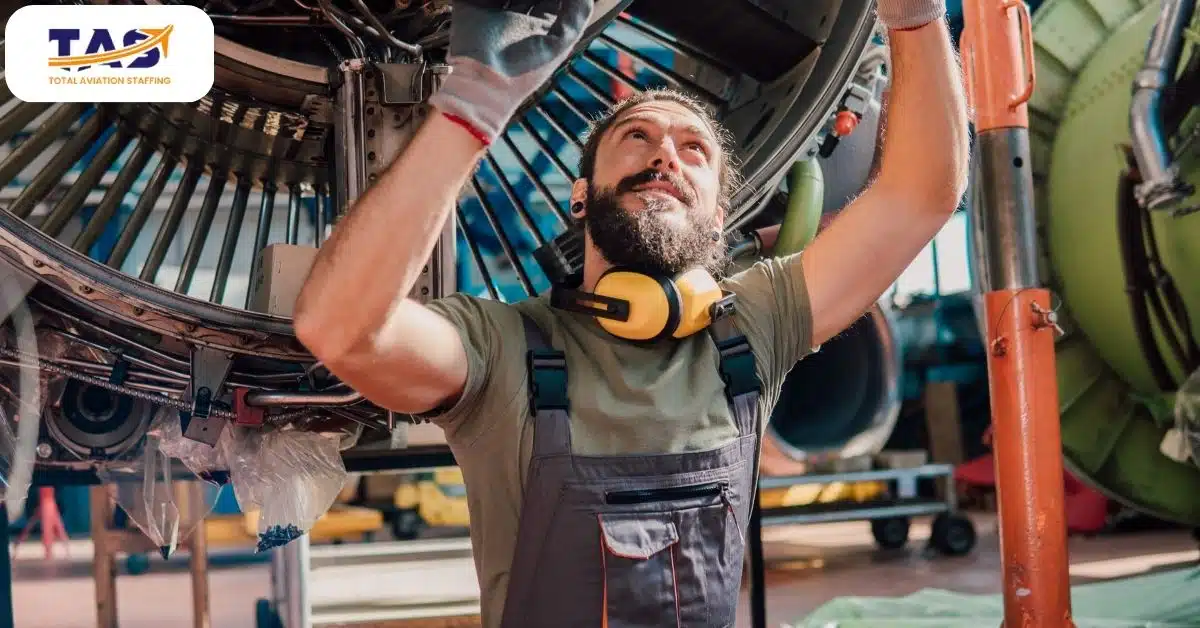
3. Working on Complex Aircraft Systems
Working on complex aviation systems can be one of the biggest challenges faced by experienced aircraft mechanics. It requires meticulous attention to detail and an advanced understanding of how aircraft systems, large and small, all interact with each other.
Such knowledge is essential for properly diagnosing any noted system failures, as well as performing necessary repairs or replacements. Experienced mechanics must also have a comprehensive grasp of aviation maintenance regulations to ensure that their work is within aviation safety standards.
Taking all these complexities into consideration, it’s clear that working on aviation systems can put experienced mechanics to the test — but given the right tools and training, they can rise to the challenge.
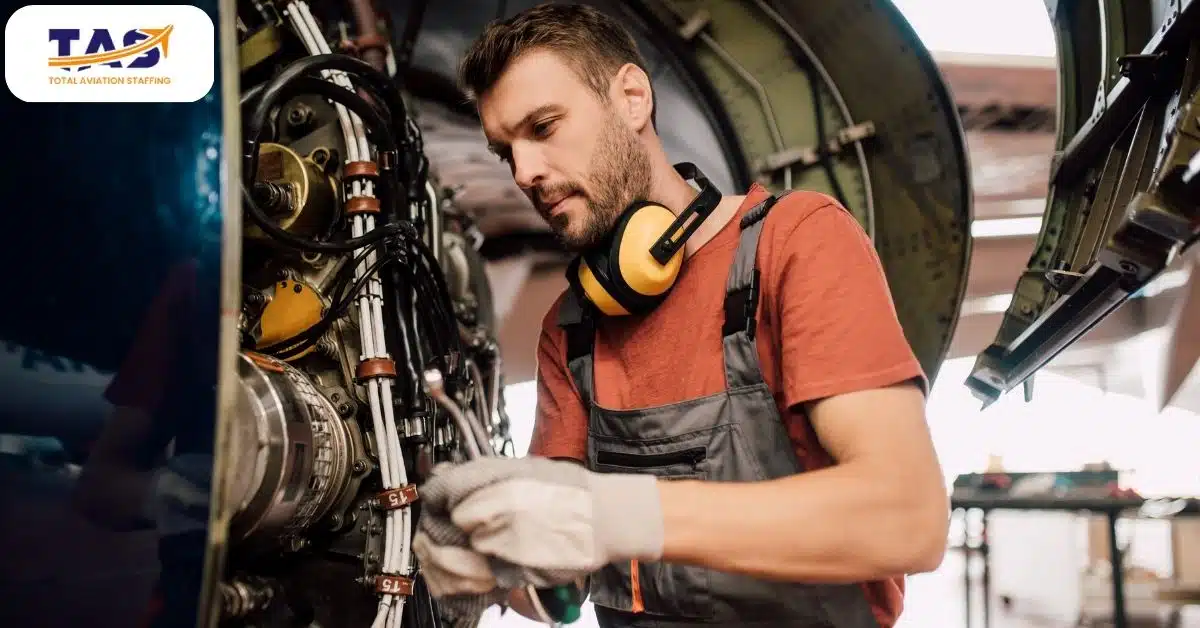
4. Lack of Proper Maintenance Tools
One of the major challenges faced by experienced aircraft mechanics is the lack of access to proper aviation maintenance tools. In today’s aviation industry, there is a shortage of specialized aviation tools, which makes it harder for experienced aviation mechanics to complete their work quickly and efficiently.
Without these specialty aviation tools, less experienced mechanics are often forced to improvise non-standard solutions that may not be safe or up to aviation standards. This could mean unnecessary additional costs and missed deadlines when aircraft need repairs or maintenance.
Experienced aviation mechanics understand the importance of having quality aviation tools available and must have access to them in order to do their job safely and accurately.
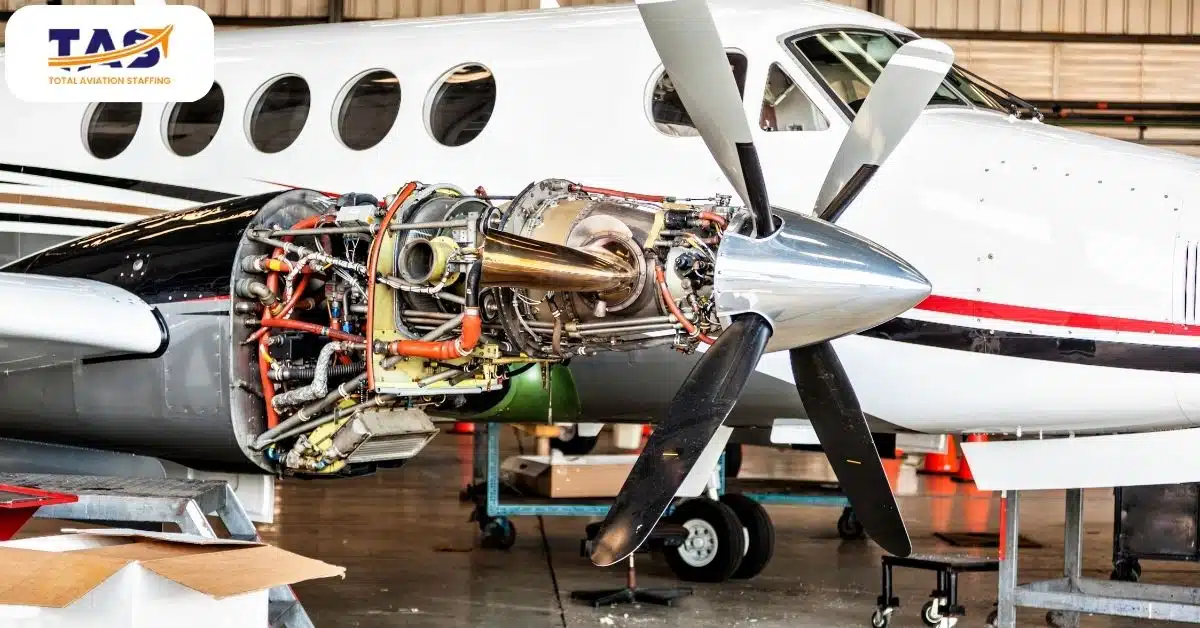
5. Dealing With Short Turnarounds in Repairs
For aviation professionals with years of experience in aircraft mechanics, one of the most common challenges faced is dealing with rapid turnarounds in repairs. In aviation, time is always of the essence, and ensuring that any repair jobs needed to ensure safe flight operations are completed quickly and efficiently requires acute attention to detail combined with quick responses to any setbacks encountered.
The experienced aircraft mechanic knows just how important it is to tackle any issue that crops up during repairs accurately and totally, as well as make on-the-spot judgment calls designed to minimize downtime while still affixing any issue adequately.
With good time management paired with aviation expertise, experienced aircraft mechanics can have even the most intimidating turnaround jobs done with flying colors.
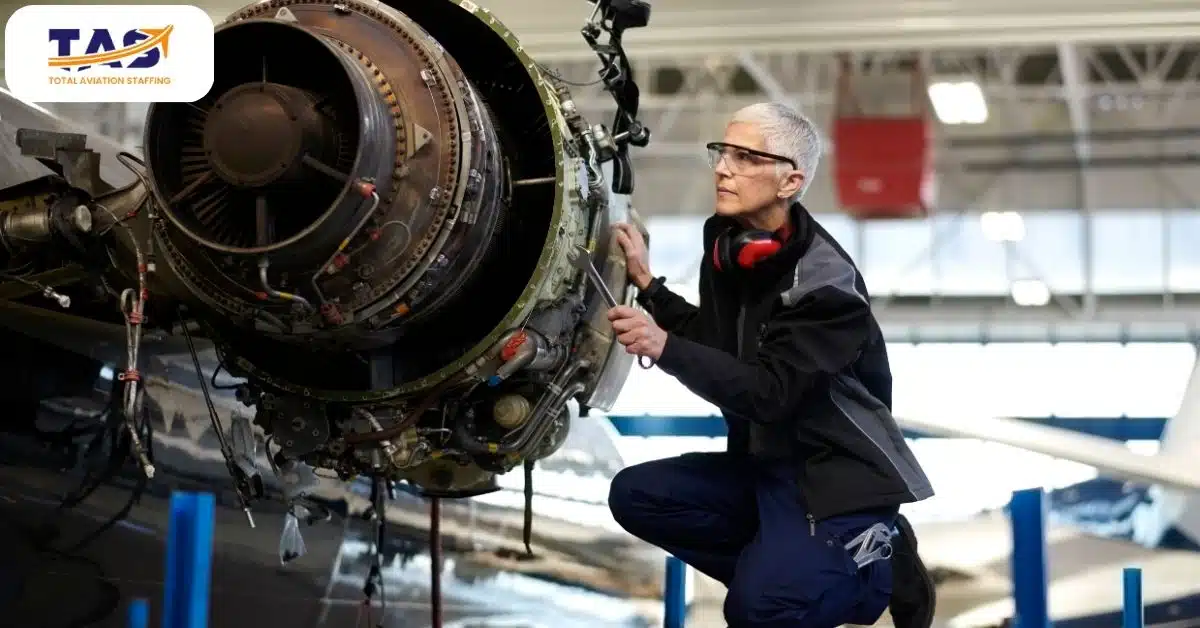
6. Safety Regulations Compliance Issues
Experienced aircraft mechanics face a particular set of challenges in order to remain compliant with aviation safety regulations. These challenges are complex and require extensive knowledge and experience; for example, even the most experienced aviation mechanic must remain current with changes in aviation regulations.
Because aviation mechanics are tasked with keeping aircraft safe to fly, they must have an extremely thorough understanding of aviation systems and components, as aviation inspectors will routinely assess their work. Ensuring compliance can be a difficult challenge but it is essential to keeping aircraft safe both on the ground and in the air.
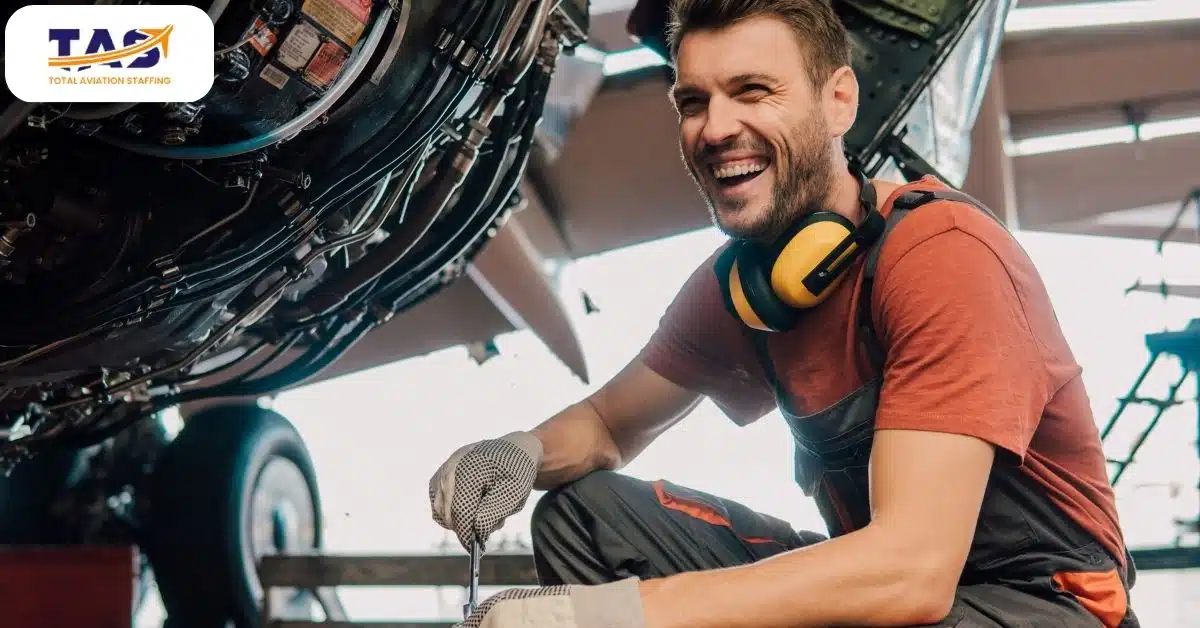
7. Corrosion & Contamination Issues
Corrosion and contamination issues are among the most common aviation challenges faced by experienced aircraft mechanics. Corrosion occurs when aviation components are exposed to moisture or environmental conditions that cause the metals to degrade, while contamination is any form of debris, such as dust or dirt, that can build up in aircraft engines and create dangerous levels of friction on the mechanical parts.
If a corrosion or contamination issue isn’t identified and dealt with in a timely manner, it can affect the performance of an aircraft engine and even cause mechanical failure in certain situations. Experienced aviation mechanics must be able to identify these issues quickly and efficiently so they can ensure safe operation and prevent costly repairs from being necessary down the line.
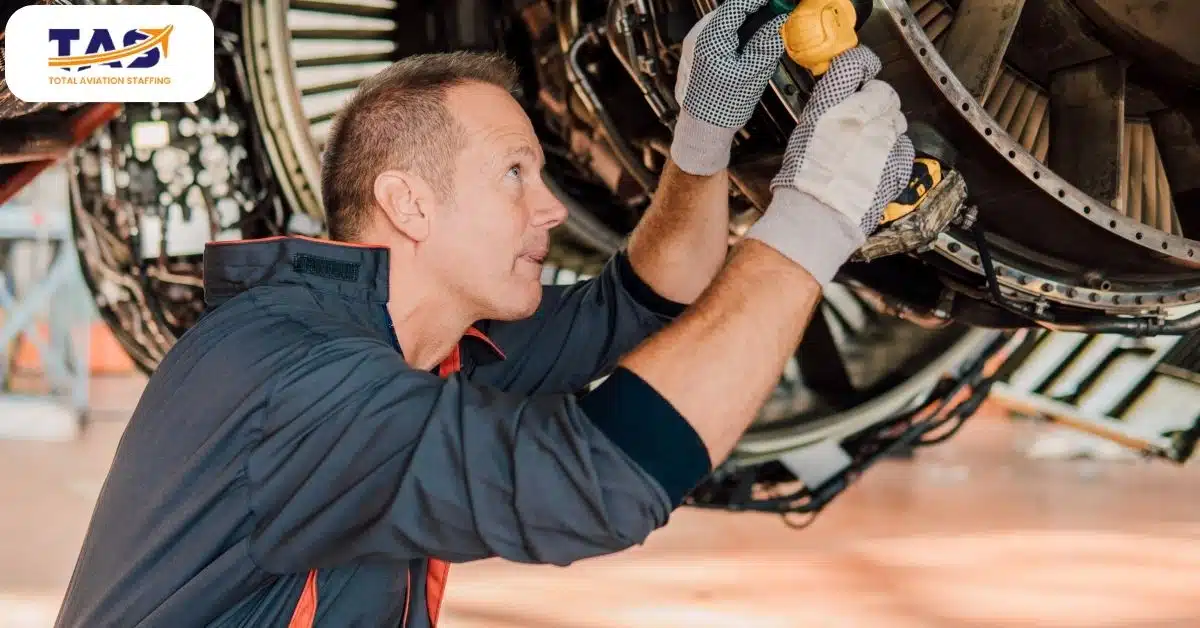
8. Space Confinement for Repair Work
Working as an aviation mechanic comes with many challenges, chief among them being the often tight quarters and odd positions that are required during repair work. When confronted with particular aircraft repairs, mechanics must employ creative techniques to gain access to certain parts in order to complete the work.
Space confinement is especially common in areas such as the cockpit or cabin of any given aircraft. It requires aviation mechanics to be effective problem solvers who can quickly adjust to challenging environments while still providing a consistently reliable job upon completion.
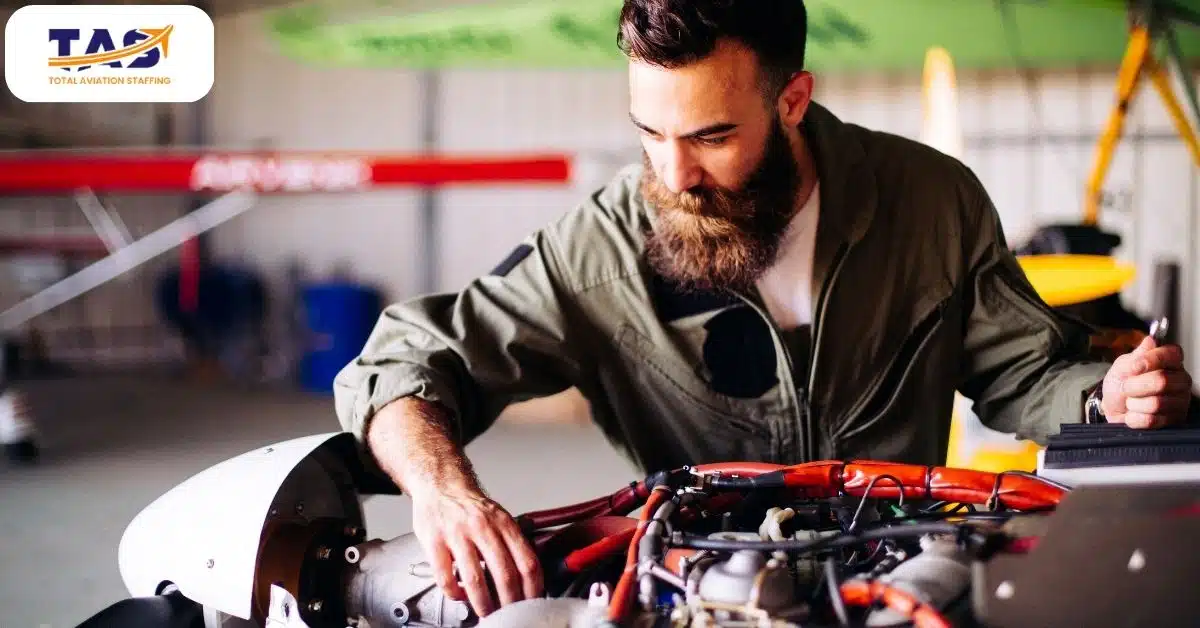
In Conclusion
Aviation mechanics face a variety of challenges in their work, from corrosion and contamination issues to tight space confinement for repair work. However, with years of experience coupled with an understanding of safety regulations and systems components, experienced aircraft mechanics can face any challenge head-on and ensure safe operation at all times. As such, aircraft mechanics are an essential part of the aviation industry and their work is invaluable in keeping aircraft safe to fly.
